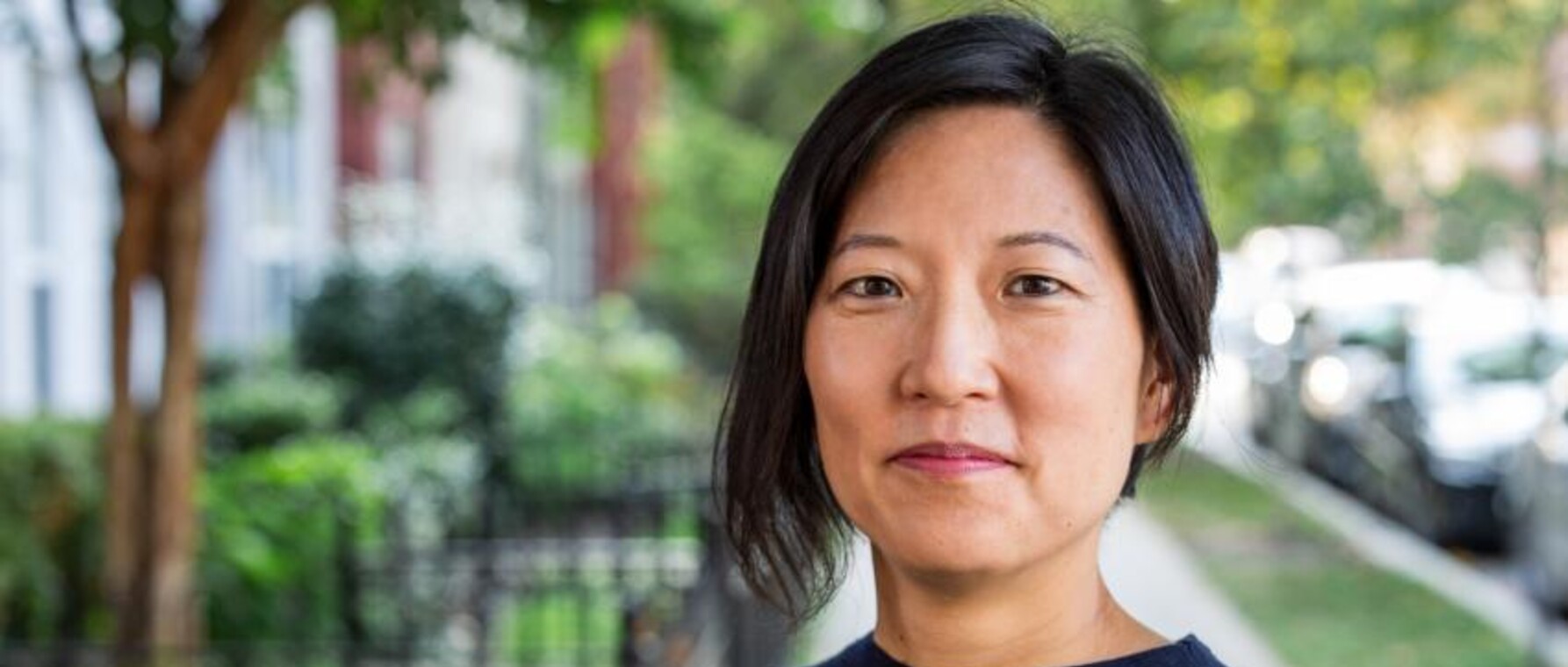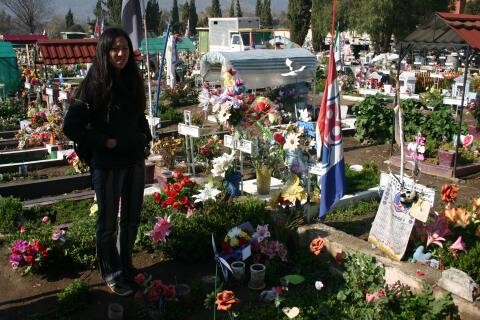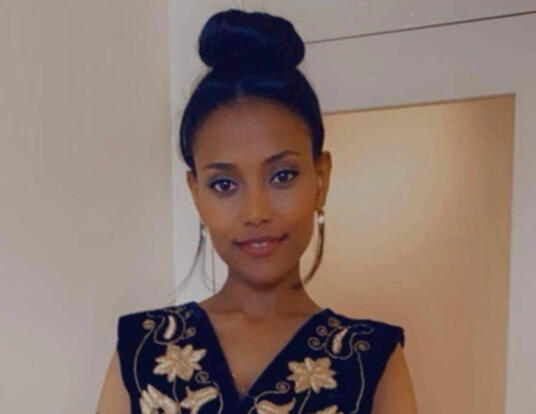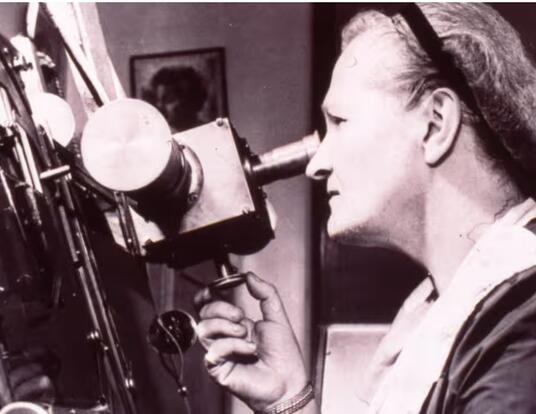Charting the Impact of Violence on Everyday Life
GSAS Voices: Clara Han, PhD ‘07

Throughout its 150th anniversary year, GSAS is foregrounding the voices of some of its most remarkable alumni and students as they speak about their work, its impact, and their experiences at the School.
Clara Han, who received an MD as well as a PhD from Harvard in 2007, is a professor at Johns Hopkins University, where she teaches classes on anthropology and studies the intersection of poverty, disease, and healthcare in the context of violence. She discusses her investigations into how people contend with illness and memory in the face of catastrophic violence, maintaining her humanity during her research, and how GSAS provided the foundation for her growth as a scholar.
Life in Danger
Throughout my career as an anthropologist, I have explored how people live in settings marked by catastrophic violence, such as state violence and war, and how people endure forms of chronic violence, such as poverty.
My first book, Life in Debt: Times of Care and Violence in Neoliberal Chile, explores how households in a low-income neighborhood in Santiago, Chile contend with the overlapping conditions of economic precarity and disease and describes how the catastrophic violence of dictatorship is dispersed in everyday life. It grew out of my dissertation research in the Department of Anthropology at Harvard. I worked with families in a low-income neighborhood whose relatives were tortured, disappeared, and exiled. By attending to everyday life, particularly intimate life in households, I place importance on the labor that people engage in to re-inhabit a life marked by violence and continued precarity.
My second book, Seeing Like a Child: Inheriting the Korean War, takes up the child's perspective to describe what it is to learn in a world marked by catastrophic violence. Here, I write from my own childhood memories to show how inheriting war is not simply the transmission of public memories; rather, war is inherited as children move through ordinary tragedies, such as the experience of a devastating disease in the family.
In terms of honing my research questions, I owe a great deal to mentors and fellow graduate students at Harvard, as well as colleagues and students at my current institution, such as GSAS alumnus Andrew Brandel, without whom Seeing Like a Child would not have emerged.
Focus on the Family
An abiding question throughout my research is how attention to women's perspectives and the feminine shifts “taken-for-granted” frameworks on politics, care, and justice. Imaginations of the family as a site of safety and peace tend to eclipse very real dangers and threats, such as domestic violence, as well as the fact that there are internal hierarchies in family life. At the same time, the family is not simply a "mini-state." The forces of the state may be keenly felt in intimate relations, yet families and individuals struggle to set norms for themselves. So, theorizing the family has to account for the cascading forces that it absorbs and the ways the state's interventions may take on an entirely different life in that context.
In Life in Debt, I show how women re-create an intimate life shadowed by the experience of torture. This may mean seeking reparations for a husband or enduring his inability to work, or it may mean making a bitter compromise with oneself to support a mother who was exiled. In the neighborhood where I worked, household precarity is endured quietly. In this context, I show how women acknowledge neighbors' moments of crisis in subtle ways that leave their dignity intact.

Incredible Intensity
I started at Harvard in 1998. The medical anthropology faculty had created an intellectual community that was very advanced. Esther and Sidney Rabb Professor of Anthropology Arthur Kleinman published with his colleagues Veena Das and Margaret Lock the edited volume Social Suffering, followed by Violence and Subjectivity and Remaking a World. Those works opened up a whole new way of thinking and responding to the problem of violence and suffering in anthropology.
There was this incredible intensity at every talk in the medical anthropology seminar—whether hearing from Princeton Professor João Biehl, then a post-doctoral fellow, about his research on AIDS in Brazil and how, through meticulous research on death certificates, the AIDS epidemic was made invisible for certain populations; or when University of Pennsylvania Professor Adriana Petryna, also a post-doctoral fellow, shared her research on how workers exposed to the nuclear fallout from Chornobyl labored to be recognized by the state and receive compensation. The kinds of conversation, the close reading, the engagement we had among graduate students, postdocs, and faculty in anthropology and beyond were deeply formative for me as a scholar.
Get the Latest Updates
Join Our Newsletter
Subscribe to Colloquy Podcast
Simplecast





